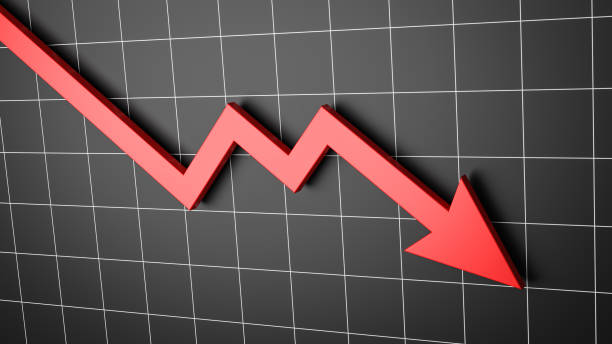In today’s world, overconsumption has become a significant issue that affects our planet and its inhabitants in various ways. From the food we eat to the products we buy, our consumption habits have far-reaching consequences that demand our attention. Let’s delve into what overconsumption is, its causes and effects, and what we can do to address this pressing issue.
Understanding Overconsumption:
At its core, overconsumption is the excessive use of resources and acquisition of goods and services beyond what is necessary for a fulfilling life. It’s a culture fueled by advertising, social pressures, and a never-ending pursuit of happiness through material possessions. However, this pursuit comes at a steep cost.
Causes of Overconsumption:
Several factors contribute to overconsumption. Firstly, advertising and marketing techniques often promote the idea that buying more will lead to happiness and fulfillment, fostering a culture of consumerism. Additionally, easy access to credit and a desire to keep up with societal expectations drive people to consume beyond their means. Moreover, advancements in technology and manufacturing have made products more accessible and affordable, further fueling consumption.
Effects of Overconsumption:
The effects of overconsumption are widespread and profound. One of the most significant impacts is environmental degradation. The extraction of natural resources, production processes, and waste disposal associated with overconsumption contribute to pollution, deforestation, habitat destruction, and climate change.
Furthermore, overconsumption exacerbates social inequalities by widening the gap between the affluent and the impoverished. It leads to the exploitation of labor in developing countries and creates a cycle of debt and poverty for many individuals and communities.
Addressing Overconsumption:
Addressing overconsumption requires collective action at individual, community, and societal levels. As consumers, we can make conscious choices to reduce our consumption by practicing minimalism, prioritizing quality over quantity, and opting for sustainable and ethically produced goods.
Education and awareness are also crucial in combating overconsumption. By understanding the impacts of our consumption habits, we can make informed decisions and advocate for systemic changes. Governments and businesses play a vital role in implementing policies and practices that promote sustainability, regulate advertising, and ensure fair labor practices.
Charting a Sustainable Course:
Transitioning towards a more sustainable future demands collective action and individual commitment. By embracing minimalism, prioritizing experiences over possessions, and cultivating a culture of conscious consumption, we can pave the way for a more equitable and resilient society.
Conclusion:
In conclusion, overconsumption is not merely a symptom of modern living—it’s a global crisis with far-reaching implications for both people and the planet. We can forge a path toward a more sustainable future by confronting the root causes of overconsumption, reimagining our relationship with material possessions, and advocating for systemic change. Let us heed the call to action and embark on this journey together, mindful of our choices’ profound impact on the world around us.





























